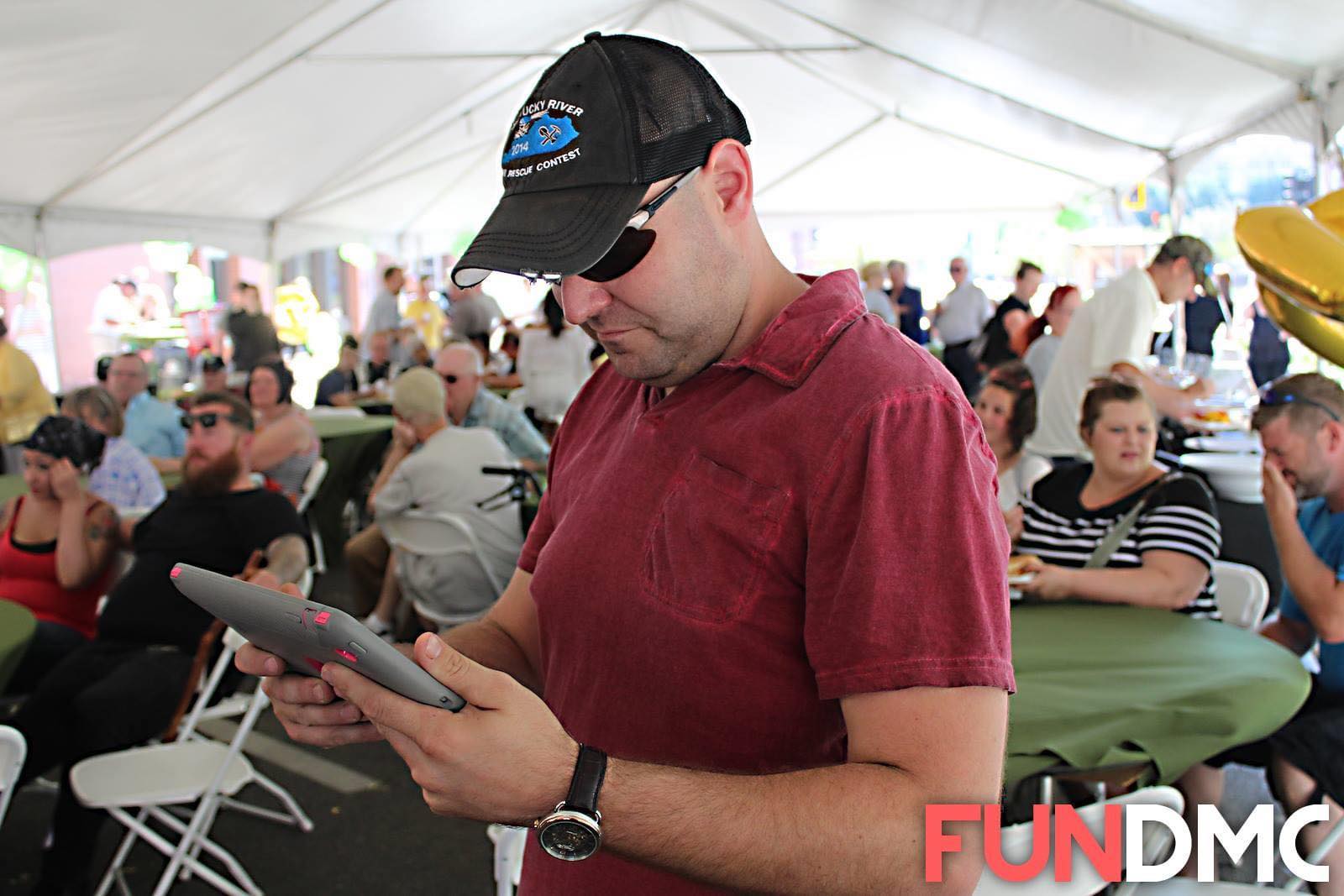How Do I Learn to Become a Sound Engineer?
Posted by Fun DMC on May 20th 2020

Think back to the last time you were out listening to live music. The band rocking out, the lights, the bass, the whole experience. Maybe you begin to notice the wizard behind the curtain. That guy in the back of the room who looks like he is sitting at NASA mission control.
If you wander over you can see a fantastically complicated series of sliders, buttons, and knobs. You might wonder exactly what each of those knobs and controls does. If you are anything like me, I find pushing buttons irresistible.
After finding a soundboard for the first time, I asked myself:
– How does one learn to run a soundboard?
– What does a sound engineer actually do?
– What happens if you actually do push the buttons?
– Do we all secretly want to be on stage?
– What happens when things go wrong?
– etc, etc, etc.
While I won’t be answering all of those questions in this blog, today, I will be telling you a little about this sound engineer. How I started. The mistakes along the way. And why I absolutely love my job.
Sound engineers come from all kinds of backgrounds. There is no right or wrong way to start out. Some people may think it requires a formal education (and for some applications/settings a formal education is a very valuable asset). While other people fall in love with working production from a young age. Others get their first hands-on experience with some production equipment at church or at school. While some people, like myself, flal into it face first without the slightest idea of what they are doing.
The first time I ever touched a sound board was a baptism by fire. My wife had joined a band as a lead vocalist. One evening, the band was in need of a sound person. After 10 minutes of “this slider controls this instrument volume” and “that slider controls that voice” I was sent on my way with an iPad in hand (running the Behringer x32 app). That was the extent of my formal training before my first live performance.
Needless to say, I did not do a great job. I did a fine enough job controlling faders but knew I could do better. Despite my anxiety and nervousness about potentially ruining the show, I was instantly hooked. I had to learn more, I had to bring out the beauty in the music and share that with the crowd.
From that day forward, I was reading everything I could get my hands on. I was watching every tutorial there was on YouTube. I was experimenting with things I could barely comprehend, just trying to gain a greater understanding of sound.
Show after show, I built up knowledge. Soon enough, I was confident enough to run sound for audiences of hundreds, then thousands. Running sound went from a desperate attempt to fix things to a pursuit of perfection.
Sound engineers in my experience have one thing in common. We love to tinker. We love to manipulate the music in small subtle ways in that pursuit of perfection. Sometimes we get so wrapped up that we forget there is a room full of people. On the positive, this can lead to truly phenomenal live sound. Everything dialed to perfection. We have to be careful though not to get so wrapped up in making that one instrument or vocalist sound perfect that it becomes a detriment to the entire mix. Being a good sound engineer is like being a good painter. One has to know when the painting is finished.
My journey is far from over. I am still learning every show. I am still finding my ears hearing deeper subtleties in the noise. I want our band to have the best production ever heard.
While that may be impossible to achieve, the important thing is to keep learning and growing. That I keep pursuing towards perfection. Thats my story. There are many like it, but this one is mine.
I can’t wait to get back to the stage life and I hope you all stay safe and well. In the meantime, send me your sound/production questions! info@fundmc.net or find us on the socials.
Until we meet again,
Chad Kamerad
Sound guy
Sometimes emergency bartender
Band dad
